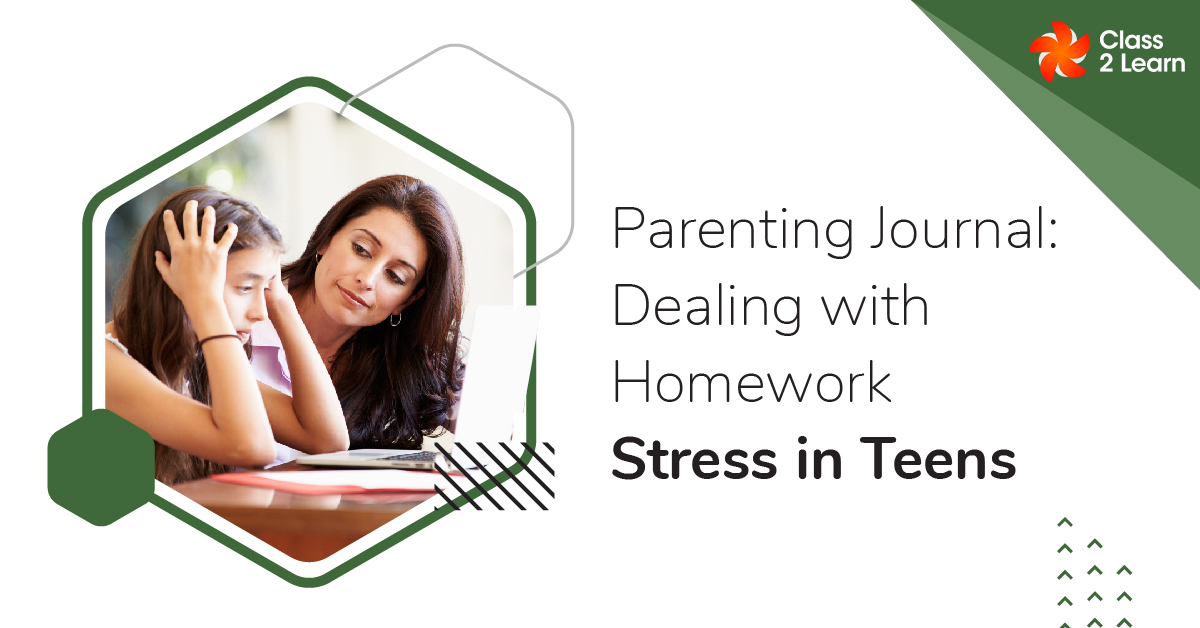Teenagers have higher levels of stress, particularly during high school. This article looks into the causes of adolescent stress. Is the academic environment getting more and more competitive? Having too much homework? pressure to enter a prestigious university? Is there pressure to perform well in athletics, dance, paint, sing, practice martial arts, or volunteer at the neighborhood soup kitchen? Here is what we discovered.
Pandemic Stress and homework
High school students reported significant tension and anxiety in 2020 than in previous years, according to studies and polls. In one such poll, the Board of Education in Burbank, California discovered that schoolwork continued to be the leading cause of stress among students, even throughout the pandemic with 62% of respondents rating their average stress levels as frequently, almost always, or always present. As they were prepared for college and careers, many also mentioned feeling stressed and anxious. The percentage changed from 43% in 2017 to 53% in 2019.
Distance learning and lockdowns (leading to even more self-study and homework) due to the COVID-19 pandemic certainly contributed to the increased numbers, with 93% of students reporting mental health or social-emotional issues as a result of not being in a classroom and a lack of social interaction. Aside from homework, the most common pandemic-related issues faced by high school pupils were boredom and social isolation.
Homework Stress – Pre and Post Pandemic
Homework has been an important and consistent stress factor among teens, which has been there in pre-pandemic and will continue post-pandemic. According to a study conducted by the Better Sleep Council (BSC) in 2018, homework has been listed as the top stressor in teens — 74% of surveyed teens ranked it the highest stress factor. Homework stress was above self-esteem issues (51%), parental expectations (45%), and bullying (15%).
Excessive homework, according to the BSC, leads to sleep deprivation. According to the survey, 57% of teenagers do not get enough sleep, and 67% get only 5 to 7 hours each night, which is considerably less than the necessary 8 to 10 hours. This study revealed that students who go to bed and wake up early perform better academically than those who remain up late, even when they do homework.
How Parents Can Reduce the Stress of Homework
What does this suggest for parents trying to help their teenagers manage the burden of homework?
Here are a few tips:
- Establish Routines: Routines bring structure to a world that is frequently chaotic. While schedules must be flexible to accommodate Thursday volunteer work and Tuesday soccer practice, it helps to have a broad idea of when and where you or your teen will complete their homework.
- Prepare a strategy: Overwhelmed students may perceive a pile of homework as “insurmountable.” However, parents may help their children plan by taking an objective look at the situation. Knowing how the week will go makes it easier to remain composed and go on.
- Celebrate Success: At the conclusion of the evening, parents and students can go over the assignments that have been done. Recognizing even modest successes fosters a sense of accomplishment.
What Parents Should Explain to Teens
Parents are concerned with educating their children for the future, but today’s youth require so much more than purely academic education. Some of the most crucial concepts that students must learn aren’t even covered in textbooks.
Teens should be informed of the following by their parents
- The rules in the real world may vary depending on where you are, and school is not the real world.
- The GPA or number of extracurricular activities they participate in do not define their value.
- The value of the present is diminished by a singular focus on the future.
- Failure does not result from failing a test or even a course.
- They do not benefit from another person’s failure.
Something is slipping away in the race to top the GPA. Teenagers are sacrificing a part of themselves. But if we can merely offer these children what they most need in their over-scheduled lives — time — we can help them recover a feeling of joy and enthusiasm.





Add comment